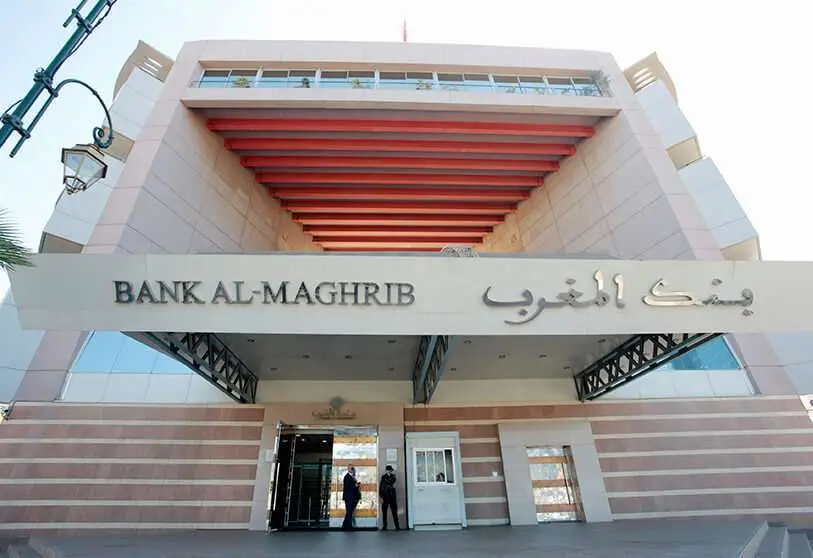Marruecos muestra en un nuevo informe la resistencia de sus bancos frente a las crisis

Morocco is a country that, despite adversity, has always known how to cope and has demonstrated over time the resilience of the Moroccan people. A new report by the nation's Central Bank reveals that the Kingdom has been able to withstand the economic setbacks of recent years and has managed to grow economically.
According to the bank, the Kingdom's banks have been able to withstand the internal and external conditions that have arisen and, as a result, economic activity has not been slowed as much as expected. The document states that the stability of banking activity in the country and the establishment of measures to save the sector, such as safety valves, have been decisive in keeping the economy flowing.
The institution's director of supervision, Heba Zouhi, has shown in the report that, in 2021, banking activity has grown compared to that produced in 2020. This is reflected through a good monetary policy adopted during the second year of pandemic crisis by the progress in the vaccination of the population and a maintenance of fiscal and monetary stimulus. He also adds that the excellent agricultural season data were decisive after the COVID-19 shock.

"The indicators of the sector in general, in terms of liquidity, profitability and solvency, have shown the solidity and resilience of the banking system despite the context of a high level of risk," said Zouhi.
The Moroccan Central Bank stresses that the effects to stop the pandemic have been key to not stagnate the sector. Actions focused on imposing measures such as digitising financial services, the direct development of the relationship between banks and affiliates, and the creation of financing for sustainable projects.
"The sector has proven its resilience and has been able to secure financing for economic actors, thanks to public support measures in the form of state-guaranteed loans," the director continued.

Today, with the relaxation of anti-COVID measures, banks have been able to continue to grow and, as a consequence, some mechanisms have ended up allowing banking policies to increase and produce more profits.
This has been reflected, for example, in the growth of bank credit to the non-financial sector. It has risen by 3% more than usual and has been essential for companies and productive sectors to continue to develop their activity.
Despite these good data, the country's financial institutions are still concerned about problem lending. During the pandemic, lending has increased and created an accumulated debt of 76.4%. As a result, non-performing debt has grown by a further 8.5 per cent to 85.1 billion dirhams.

The Central Bank claims that these loans were created in the context of addressing the effects of the virus and therefore a risk monitoring has been set up to assess the amount of loans and the monitoring of non-performing loans. Therefore, the monetary authorities have dedicated themselves to solving this problem with the establishment of a liquidation agency in consequence of the non-payment of many individuals and companies during 2021, leaving the banks to bear all the repercussions.
The report stresses that the bank has strengthened its regulatory and operational framework, and has therefore been able to respond to demands during the health crisis, thus protecting the entire Moroccan economic system, both the institution itself, the country and customers fearful of what would happen after the pandemic.
In this context, the institution intends to implement an action plan for financial working groups to ensure financial integrity and establish a fight against money laundering. In addition, the national economy was forecast to start growing by 1% and is expected to grow by 4% by 2023.








